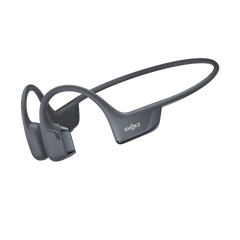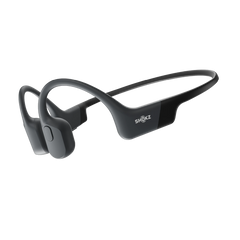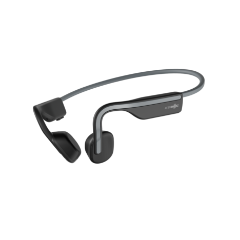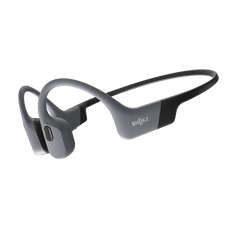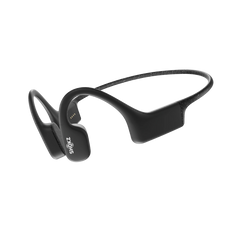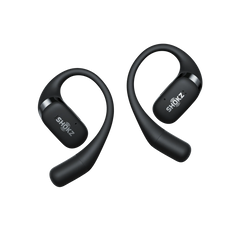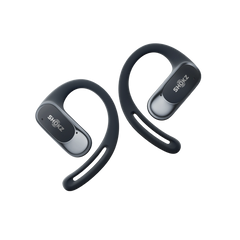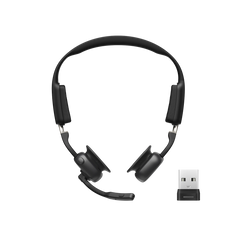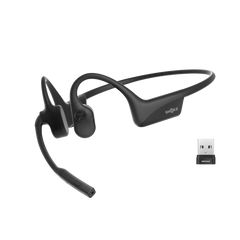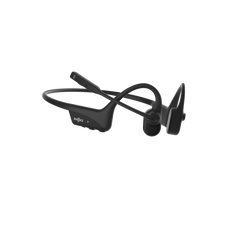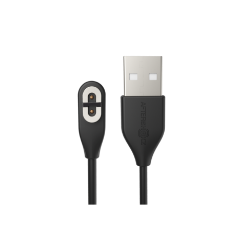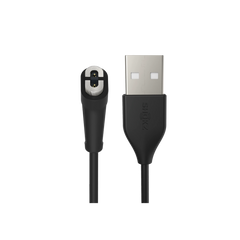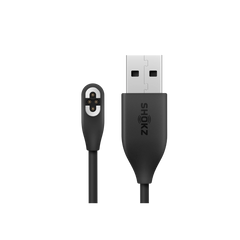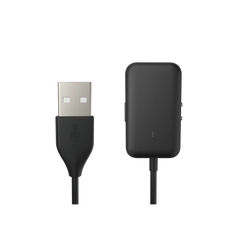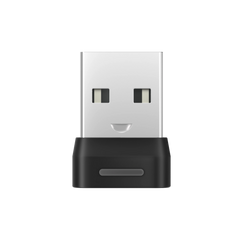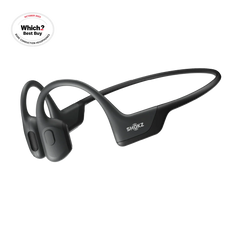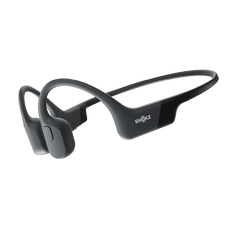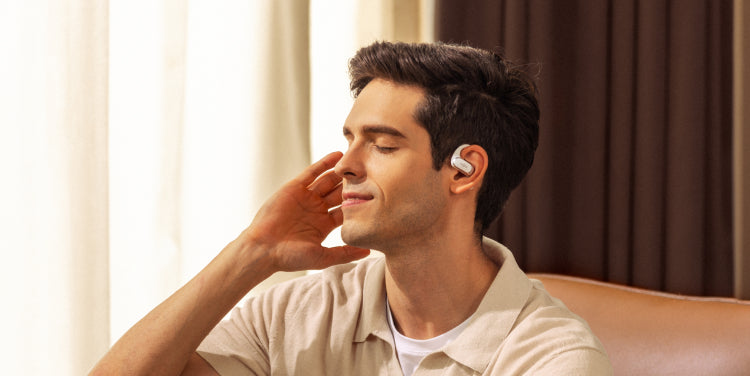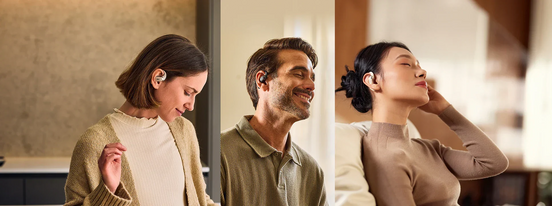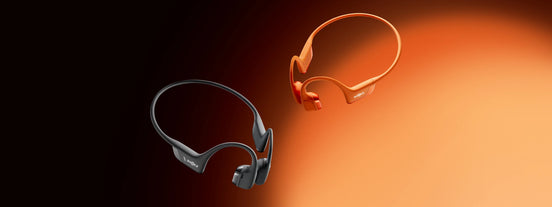Itchy ears can be more than just an annoying inconvenience. Whether it’s a subtle irritation or an all-out scratch fest, the feeling of itchiness can disrupt your daily life. You might wonder, “Why are my ears itchy, and how quickly can I get rid of it?”
The good news is that most of the time, itchy ears aren’t serious and can be treated at home. However, if the itching persists, it could signal an underlying issue, such as allergies, skin conditions, or ear infections.
In this guide, we will explore the common causes of itchy ears, the best ways to relieve discomfort, and how your headphones might be contributing to the problem.
We will also explore the benefits of using open-ear headphones—a game-changing solution for those who suffer from itchiness in their ears and want a comfortable, irritation-free listening experience.
The Hidden Reasons Behind Your Itchy Ears
Common Causes of Itchy Ears
There are several reasons why your ears may be itchy. Some are harmless, while others may require medical attention. Let’s break down the most common causes:
Dry Skin and Lack of Earwax
Dry skin inside the ear canal is a common culprit for itchiness in ears. Without sufficient earwax, the natural protection of your ears diminishes, which can result in dryness and irritation.This problem is especially common during colder months when the air is drier.
Allergies and Irritants
Dust, pollen, and pet dander are common allergens that can cause ear itchiness. Even irritants such as hair products, ear drops, or perfumes can trigger an itching sensation.
Infections and Fungal Growth
Bacterial or fungal infections inside the ear can also cause intense itching. These infections usually have other symptoms like pain, fluid drainage, or hearing loss. Fungal infections can lead to persistent itching inside the ear canal.
Skin Conditions like Eczema and Psoriasis
Chronic skin conditions such as eczema or psoriasis can affect the skin inside your ears. These conditions may lead to dry, flaky, inflamed skin and often cause itchy sensations.
When Itchy Ears Signal a Bigger Problem
Signs of Infections
If ear itchiness is accompanied by pain, swelling, or discharge, it might indicate an infection, such as otitis externa (swimmer’s ear) or middle ear infection. Infections require prompt medical attention to prevent further complications.
Menopause and Hormonal Changes
Hormonal fluctuations, particularly during menopause, can cause dryness and itchiness in the ear. The overall decrease in moisture production can affect various body parts, including the ears.
Can Itchy Ears Affect Hearing?
Persistent itching in the ears can lead to the buildup of wax. This wax buildup can block the ear canal and affect hearing. Additionally, scratching the ears vigorously could lead to infections. These infections may result in temporary or permanent hearing loss if left untreated.
My Ears Itch Deep Inside: What Can I Do?
Home Remedies for Quick Relief
If your ears itch due to dryness or mild irritation, there are several home remedies you can try for relief:
Moisturizing Drops and Natural Oils
Ear drops or natural oils like olive or coconut oil can soothe dry and irritated skin. To use them, warm the oil and apply a few drops to your ear canal.
Warm Compresses
Applying a warm, damp cloth to the ear can help relieve itching by opening the ear canal and promoting circulation.
Proper Ear Hygiene
Maintaining proper ear hygiene is essential to preventing itchiness. Gently clean the outer ear with a soft cloth. Avoid using cotton swabs, as they can push wax further into the ear canal.
Medical Treatments for Persistent Itching
If the itching persists, medical treatments may be necessary:
Over-the-counter and Prescription Solutions
If you have itchiness in your ears due to allergies or infections, over-the-counter antihistamines or ear drops may help. For more serious cases, a doctor may prescribe stronger medications.
When to See a Doctor
If your symptoms don’t improve with home remedies, or if you notice discharge, swelling, or pain, it’s time to consult a healthcare professional. They will determine the cause of the irritation and suggest the best course of treatment.
How Your Listening Habits Affect Ear Health
Why Regular Headphones Can Make It Worse
While listening to music or making calls, you may unknowingly worsen your ear pressure and discomfort with regular headphones:
Moisture Buildup and Poor Ventilation
Traditional in-ear or over-ear headphones can trap moisture and heat inside the ear. The trapped moisture and heat create an ideal environment for bacteria and fungi, which may increase the risk of irritation, discomfort, and infections.
Pressure and Irritation from Earbuds
Earbuds that sit deep in the ear canal can press against sensitive skin and increase the risk of irritation and itching. Long-term use exacerbates the problem, especially if the headphones don’t fit well.
Allergy Risks from Earphone Materials
Certain materials used in traditional headphones, such as plastics and rubber, can trigger allergic reactions and cause irritation and itching.
Choosing the Right Headphones for Sensitive Ears
If you have sensitive ears, it’s essential to choose the right type of headphones:
Open-Ear Designs Improve Airflow
Open-ear headphones like the Shokz OpenFit provide a solution for sensitive ears. These headphones rest outside the ear. They eliminate the pressure on the ear canal and allow for proper airflow. This design reduces the risk of moisture buildup and irritation making them ideal for anyone prone to itchy ears.
No Direct Contact with the Ear Canal
Since open-ear headphones don’t enter the ear canal, there is no direct pressure or contact with the skin inside the ear. Thus, such headphones ensure a more comfortable and irritation-free listening experience, even during extended use.
Hygienic and Skin-Friendly Materials
Many open-ear headphones are made with skin-friendly materials that reduce the risk of allergic reactions. The Shokz OpenFit Air and OpenFit are perfect examples of headphones that offer both comfort and high-quality sound while being gentle on your ears.
Healthy Ear Care Habits
Best Practices for Ear Hygiene
Here are some of the practices you can follow for improved ear hygiene:
Safe Cleaning Techniques
Use a clean, damp cloth to wipe the outer part of your ear. Never insert cotton swabs into the ear canal, as this can push wax further and cause irritation.
Keeping Ears Dry and Irritation-Free
After swimming or showering, dry your ears gently with a towel. Moisture trapped inside the ear can lead to fungal infections and discomfort.
Avoiding Common Triggers
Managing Allergies
If allergies cause itchiness, consider using allergy medications or avoiding allergens that trigger the symptoms.
Choosing Skin-Friendly Products
Avoid harsh ear products that can cause allergic reactions. Stick to gentle, hypoallergenic ear care products and select open-ear headphones to prevent further irritation.

OpenFit and OpenFit Air: The Best Open-Ear Headphones by Shokz
Shokz OpenFit Air
The Shokz OpenFit Air features Shokz DirectPitch™ technology, which delivers exceptional sound clarity while keeping your ears free from pressure. These open-ear headphones are designed for comfort, especially for extended wear.
They are ideal for workouts, daily commuting, or leisure activities. They are lightweight, durable, and built for long-lasting performance. These headphones provide a pain-free and immersive listening experience without blocking out ambient sound.
Shokz OpenFit
The Shokz OpenFit offers a perfect combination of comfort, style, and cutting-edge audio technology. These open-ear headphones provide an immersive listening experience while ensuring that your ears are free from direct pressure.
The ergonomic design ensures comfort and the lightweight build makes them ideal for all-day wear, whether you're commuting, working, or exercising. With Shokz OpenFit, you can enjoy high-quality sound while staying aware of your environment, making them a great choice for both indoor and outdoor activities
Upgrade to Open Ear Headphones for Better Comfort, Ear Health, and Pain-Free Listening
Struggling with itchy ears? Consider switching to open-ear headphones like the Shokz OpenFit or OpenFit Air.
Visit Shokz for high-quality open-ear headphone options.
These headphones are designed to relieve discomfort and provide a pain-free, comfortable listening experience. Try them today and experience the difference in comfort and ear health.
FAQs: Relieving Ear Pressure and Finding Comfort
Q1: Can wearing regular headphones cause itchy ears?
Yes, wearing traditional in-ear or over-ear headphones can cause ear itchiness. They trap moisture and heat inside the ear, which may lead to irritation. Switching to open-ear headphones can help reduce this discomfort.
Q2: How can I relieve pressure in my ear from headphones?
To relieve ear pressure, consider using open-ear headphones that do not seal the ear canal. Regularly taking breaks and staying hydrated can also help reduce discomfort.
Q3: Are open-ear headphones good for people with itchy ears?
Yes, these headphones are excellent for people with itchiness in their ears. They don’t put pressure on the ear canal and allow better airflow to reduce the chances of discomfort and irritation.
Q4: What are the benefits of switching to open-ear headphones?
Switching to open-ear headphones like the Shokz OpenFit offers better comfort by eliminating direct pressure on the ear canal. They also allow better ventilation, reduce ear discomfort, and enhance overall ear health.
